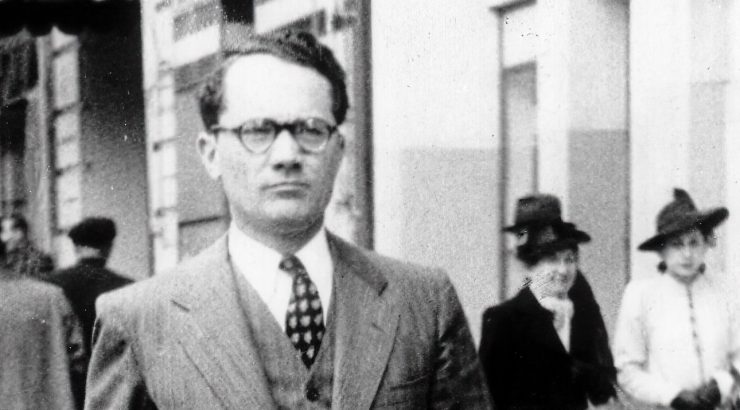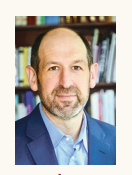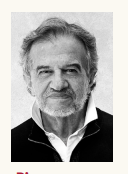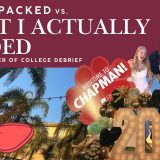
A Year That Mattered: 1940 – 41 The Rodgers Center for Holocaust Education
October 24, 2023
The Rodgers Center for Holocaust Education recently invited historian Daniel Greene and documentary filmmaker Pierre Sauvage to speak on “A Year That Mattered: Varian Fry and the Refugee Crisis, 1940 – 41.”
Greene, who works at the United States Holocaust Memorial Museum and Sauvage, a French-American documentary filmmaker who is a child survivor of the Holocaust, discussed how the United States’ responded to the plight of Jewish refugees attempting to flee the Holocaust.
At the United States Holocaust Memorial Museum, Greene is motivated to tell new stories that challenge traditional narratives. One such narrative, for example, is that some Americans’ had a “complete unawareness” of the events leading up to Holocaust. Pointing to widely-read newspapers and magazines across the United States, such as The Santa Ana Register, Anaheim Bulletin, The Dallas Reporter, and the Los Angeles Examiner, Greene highlighted several articles with front page headlines relating to Nazism, Hitler, and the persecution of Jews.
In November 1938, 94% of responders said they disapproved of Nazi treatment of the Jews, but in a follow-up poll 72% disapproved of allowing more Jewish exiles into the United States. “[Even today] Americans have a very hard time crossing the bridge between disapproval and action,” stated Greene.
U.S. immigration laws were rooted in racism, antisemitism, and the pseudoscience of eugenics with the intent to keep Jews and “undesirables” out, both speakers noted.
“It is important to discuss everything [the United States] did, and everything [the United States] did not do,” states Sauvage.
Sauvage emphasized it was the efforts of Americans like Varian Fry (pictured in header) that made up for the United States’ lack of immediate action. At the age of 32, Fry, an American journalist, went to France in October 1941 with visas in his pocket. His goal was to save as many Jews as he could, and his efforts resulted in saving 2,000 Jewish people from Nazi persecution. In 1942, Fry returned to the United States and continued speaking out against the U.S. inaction, which included calls for fact-finding tribunals and having the Catholic church excommunicate anyone who participated in the persecution.
“Rescuers don’t just ask, they risk,” said Sauvage.
Current student and attendee Stuart Ledbetter (‘25 History), couldn’t have agreed more. Something that surprised him was how “the U.S. Assistant Secretary of State, Breckenridge Long, was openly anti-semetic and actively impeded Jewish efforts to obtain U.S. visas. Ledbetter left the event reflecting on how much Long’s refusal to allow Fry to continue his work mattered. “It is eerie to think how directly an American could be involved in the death of European Jews not because of ignorance, apathy, or fear, but because he wanted Jews to die.”
“There is nothing inevitable about the Holocaust,” Greene told the audience, “ it was based on the decisions people made.”



